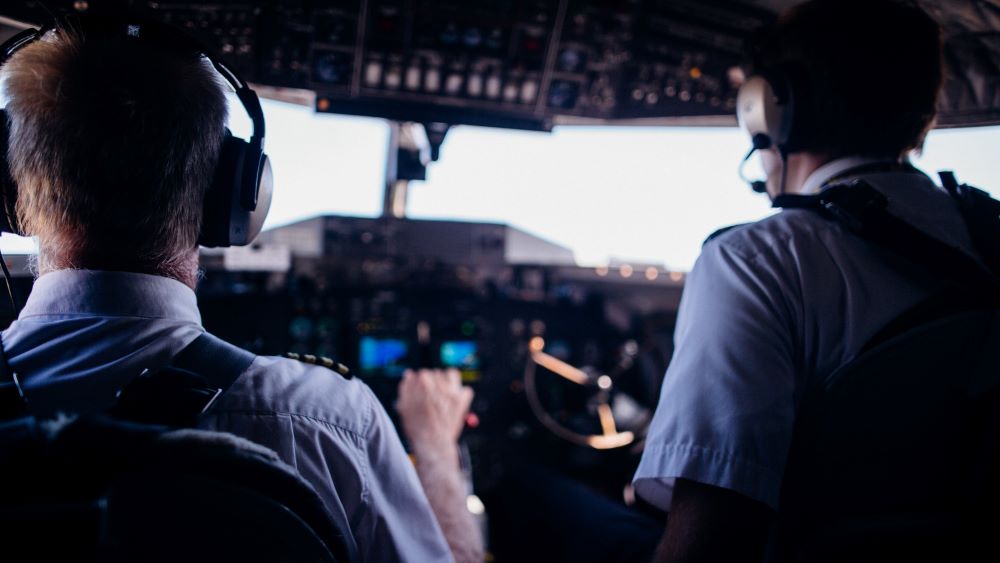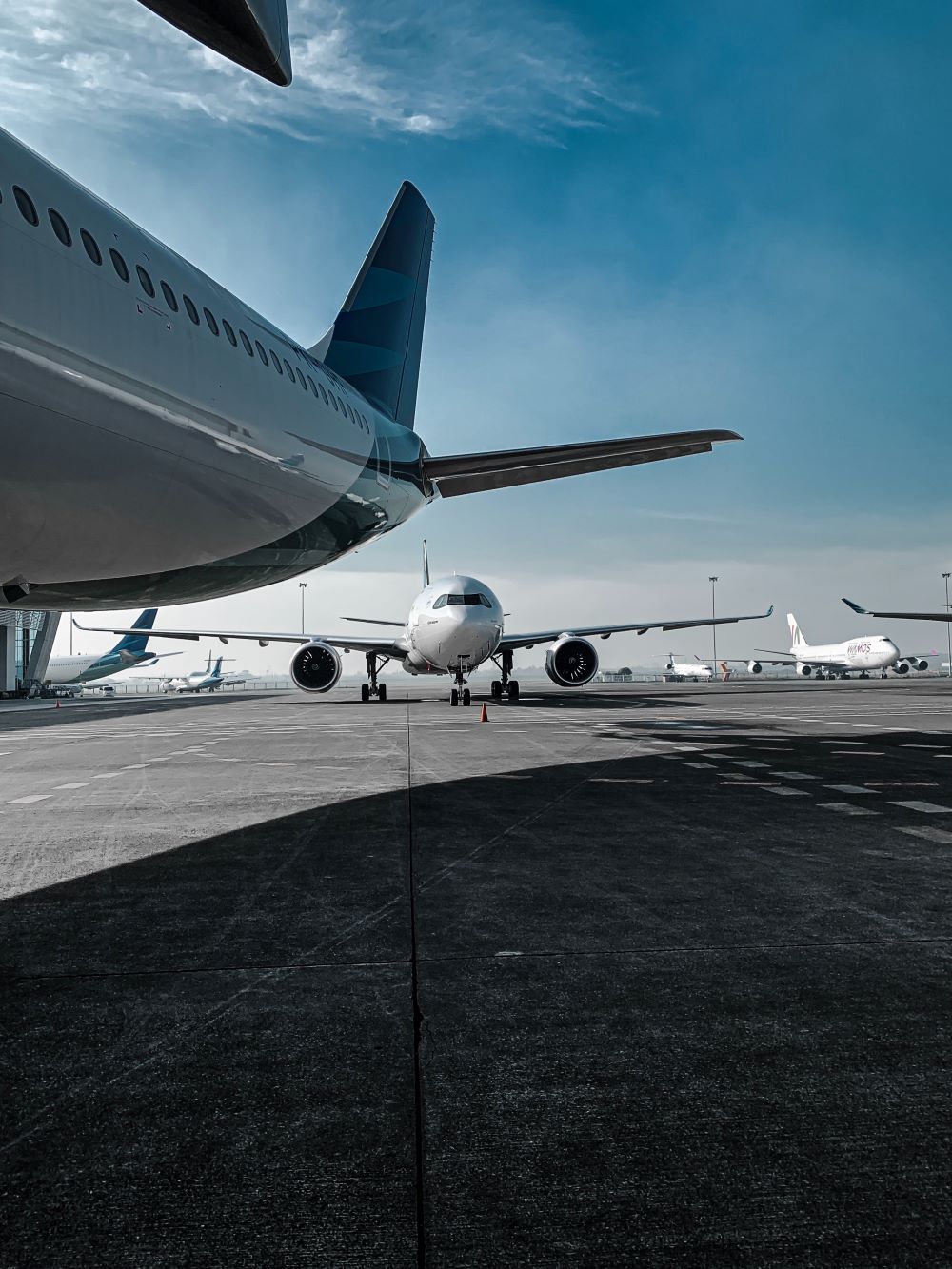Pilots would like to see policies updated to better reflect the need for mental health treatment.
For everyone, in every type of career, sufficient mental health supports are very much needed, and balance is key to maintaining one’s well-being. When public safety is on the line as a result of someone’s performance on the job, however, their mental health becomes even more of a critical topic to monitor on a regular basis. Pilots certainly fit the bill of people who need to be mentally fit to perform their job duties at a high level, but they often don’t have the access to the mental health support that they need to address issues when they come up.
A recent, dramatic event in the skies has thrust this topic into the spotlight and has caused people to take a closer look at pilot mental health and how it can – and should – be managed. Many would agree that the status quo falls short and needs some revision to get the policies into a better place.
The impetus for a renewed focus on the mental health of pilots came from an event that happened on a recent regional flight from Everett, WA to San Francisco. On that flight, an off-duty Alaska Airlines pilot attempted to shut down the engines and put the safety of everyone onboard in jeopardy. Fortunately, the pilot and co-pilot were able to stop that attempt and subdue the off-duty pilot until the plane could make an emergency landing in Portland, Oregon.

In the case of this flight, the pilot having a mental health issue wasn’t in charge of the plane, fortunately. Pilots tend to be reluctant to seek help for mental health, issues however, as the FAA requires all pilots to report the doctors and therapists they have seen during a periodic review. If a pilot reports seeing a therapist for mental health issues, he or she may potentially face grounding as a result. Knowing that policy is in place, it’s common for pilots to avoid getting treatment, and in turn, their mental health conditions could wind up getting worse.
Many pilots would like to see these policies updated to better reflect proper mental health supports. Talking to a therapist has never been more accepted, and the usefulness of addressing mental health problems is impossible to deny. It seems obvious to the outside observer that pilots getting help with mental health problems would be far better than having to go on pretending that nothing is wrong for fear of losing their career.
There should be a way for pilots to get the mental health care they need without putting their careers at risk. The obvious outcome of these kinds of policies is that many pilots are going without important therapy or other types of treatment that could help them live happier, healthier lives – and could help them perform better on the job, as well. There is more attention on mental health issues today than ever before, so hopefully a modernization of the policies used by the FAA will be soon to come.
Sources:
Airline Industry’s ‘Silent’ Struggle: Pilots and Mental Health


Join the conversation!